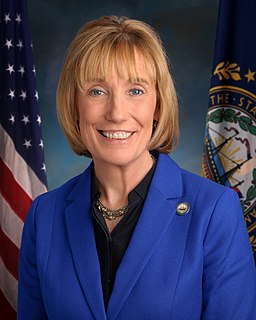A Quote by Michael Bloomberg
Other ways of looking at the environmental or climate change stuff is to frame it in the context that it is simultaneously a public health issue. One out of eight premature deaths worldwide happens because of air pollution. The worst power plant in America kills 278 people a year and causes 445 heart attacks. So, when we improve air quality we improve our lives, and at the same time we improve the climate as well. We must see climate policy from this perspective and not as an abstract threat that may threaten our survival in 100 years.
Quote Topics
Abstract
Air
Air Pollution
Air Quality
America
Attacks
Because
Causes
Change
Climate
Climate Change
Context
Deaths
Eight
Environmental
Frame
Happens
Health
Heart
Heart Attack
Improve
Issue
Lives
Looking
May
Must
Other
Our
Our Lives
Out
People
Perspective
Plant
Policy
Pollution
Power
Power Plant
Premature
Premature Death
Public
Public Health
Quality
Same
Same Time
See
Simultaneously
Stuff
Survival
Threat
Threaten
Time
Ways
Well
Worldwide
Worst
Year
Years
Related Quotes
The Environmental Protection Agency's first-ever limits on carbon pollution from power plants will create clean- energy jobs, improve public health, bring greater reliability to our electric power grid, bolster our national security, demonstrate the United States' resolve to combat climate change and maybe even reduce our utility bills.
Climate change is not a discrete issue; it's a symptom of larger problems. Fundamentally, our society as currently designed has no future. We're chewing up the planet so fast, in so many different ways, that we could solve the climate problem tomorrow and still find that environmental collapse is imminent.
With climate change and health crises rightfully receiving international attention, the time has come to focus on hunger as a top priority. WHO regards hunger and malnutrition as the gravest threat to public health, and climate change threatens to further destabilise already fragile food-production systems.

































